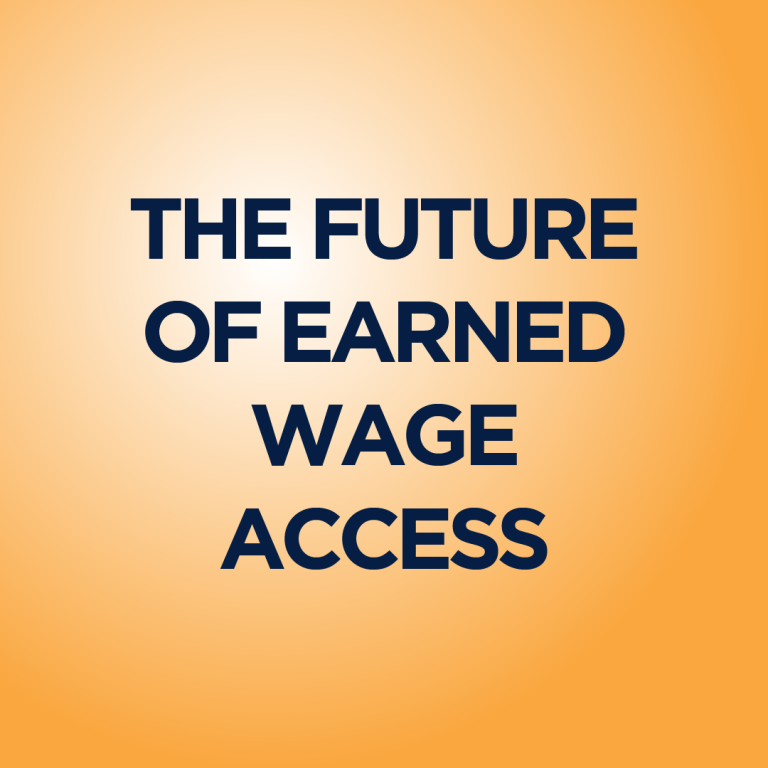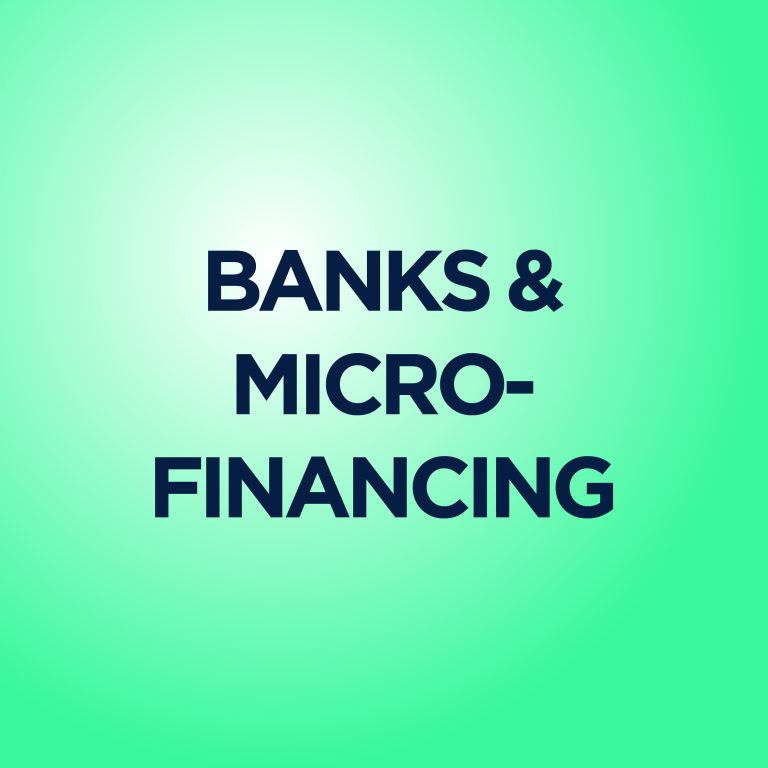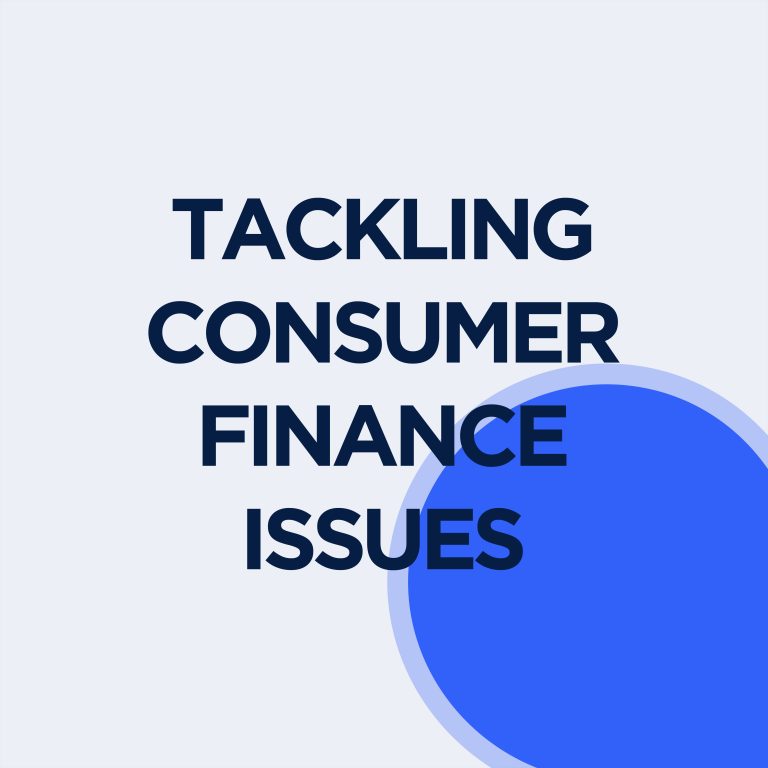In a world that’s constantly evolving, financing is no stranger to innovation. One recent innovation is Earned Wage Access (EWA), a service which provides employees access to their earned wages before payday. This service is poised to transform the way we manage debt and use credit cards, micro-loans, and salary advances. The question is, what lies ahead for these financial products? Will they fade into obscurity or see reduced reliance?
Impact on credit cards
Traditional credit cards have long been the go-to solution for individuals in need of short-term financing. They provide a safety net when individuals are short on cash. However, credit cards do come with high APRs especially when balances accumulate, making it challenging for individuals to pay off debts. It also does carry the burden of fees, such as, annual fees, late payment fees, balance transfer fees, and cash advance fees.
With Earned Wage Access, it presents an alternative solution. It empowers individuals to address their immediate financial needs without relying on high-interest card debt. By tapping into their earned wages, people can avoid the cycle of accumulating debt and its associated financial strain.
Impact on micro-loans
Micro-loans have gained popularity for their accessibility and quick approval processes. However, micro-loans often come with higher interest rates compared to traditional loans, which puts individuals at a greater disadvantage particularly during times of need. Earned Wage Access allows individuals to resort to earnings rather than debt financing to cover minor emergencies, especially for those considered “unbanked”.
Impact on salary advances
Salary advances burdens both employees and employers. Luckily for employers, Earned Wage Access reduces the frequency of salary advance requests. It eliminates the need for archaic, paperwork-heavy processes. While for employees, it provides them the flexibility to withdraw the necessary amount to address their emergencies without requesting one or multiples of their salary through a salary advance.
Traditional financial services won’t become obsolete, instead, they will undergo transformation. Earned Wage Access discourages debt and promotes responsible financial behavior. The future promises a more financially inclusive, efficient, and empowering landscape, regardless of an individual’s background. That is why Ryalize believes it has a pivotal role in ensuring that Financial Institutions offer their clients innovative and financial wellness services, making finance as inclusive and accessible as possible to all.



